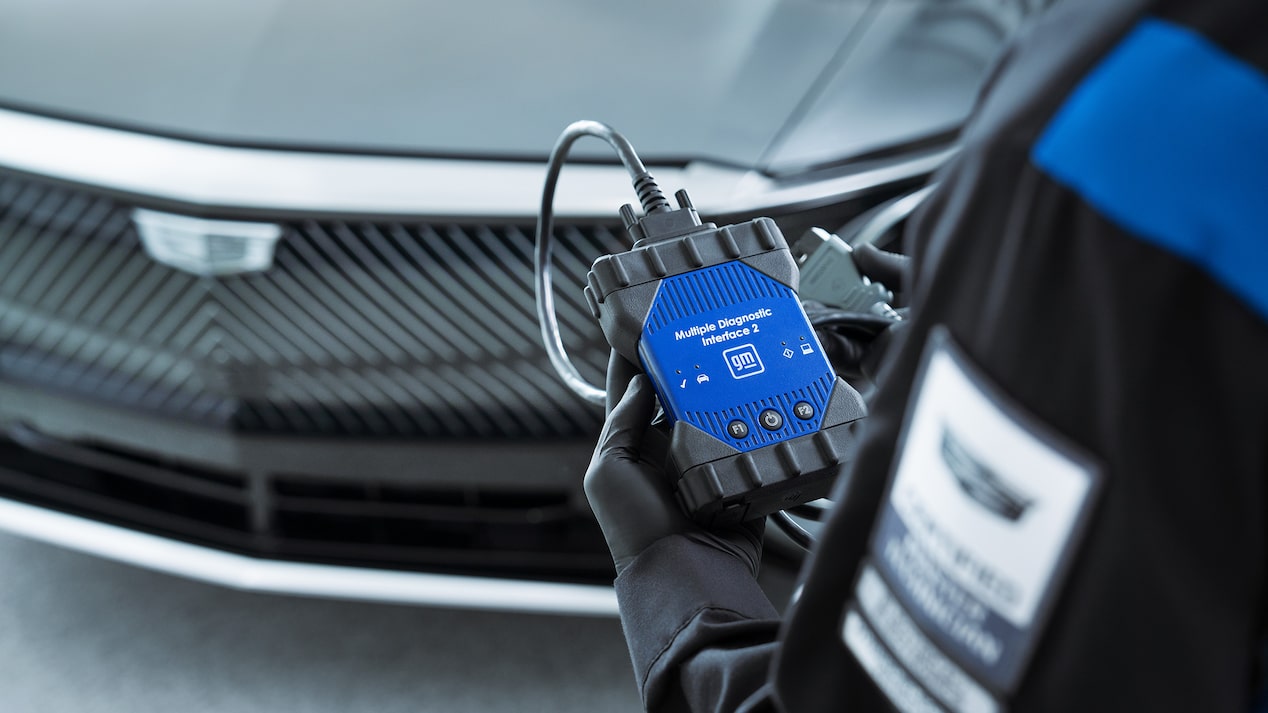Troubleshooting Your GMC Engine: Diagnostic Tips for Better Performance
GMC vehicles are known for their robust performance, dependability, and advanced engineering. However, like all machines, they require regular maintenance to keep them running efficiently. One of the most critical aspects of maintaining a GMC vehicle is ensuring that the engine is in top condition. This is where GMC engine diagnostics play an essential role. By utilizing advanced diagnostic tools and technology, mechanics can quickly identify potential problems and prevent minor issues from developing into expensive repairs. Engine diagnostics are essential for keeping GMC vehicles performing optimally and extending their lifespan.

Modern GMC engines are equipped with onboard diagnostic systems (OBD-II), which monitor the vehicle’s engine, transmission, and emissions systems. These systems are designed to detect problems and trigger warning lights, such as the check engine light, when something goes gmc engine diagnostics wrong. The OBD-II system uses sensors placed throughout the vehicle to monitor key components and report real-time data to the engine control unit (ECU). When an issue is detected, the ECU stores a trouble code that can be read by a diagnostic scanner to help technicians pinpoint the source of the problem.
One of the most common reasons for performing engine diagnostics is when a vehicle’s check engine light comes on. While the light might seem like a minor issue, it can often signal underlying problems that need attention. The trouble codes retrieved from a GMC’s OBD-II system can help mechanics determine the exact cause of the problem. It could be something as simple as a loose gas cap or as serious as a faulty catalytic converter. In either case, using the diagnostic tool allows mechanics to take a precise approach to solving the problem, which minimizes unnecessary repairs and ensures that the issue is properly addressed.
GMC engine diagnostics not only help detect issues related to the engine but also offer insights into the health of other vehicle components, such as the transmission, exhaust system, and fuel system. For instance, diagnostics can identify issues with the oxygen sensors, fuel injectors, or the mass airflow sensor, all of which play a vital role in maintaining engine efficiency. Malfunctions in these areas can lead to poor fuel economy, increased emissions, and even engine damage if left unchecked.
Routine diagnostics also help optimize fuel efficiency and performance. By catching small problems early on, such as a misfiring spark plug or a clogged fuel injector, GMC owners can avoid the cost of more extensive repairs later. In addition, taking care of these problems can prevent further damage to the engine, ensuring that it runs smoothly and efficiently. This can result in better fuel economy, fewer trips to the mechanic, and an overall smoother driving experience.
Moreover, engine diagnostics are essential for maintaining the environmental integrity of a vehicle. Many GMC models come equipped with advanced emissions control systems that help minimize harmful emissions. If these systems are not functioning properly, it can lead to higher levels of pollutants being released into the environment. Diagnostics help identify problems with these systems, ensuring that the vehicle complies with environmental regulations and runs in an eco-friendly manner.
In conclusion, GMC engine diagnostics are an essential tool for maintaining the health, performance, and efficiency of a vehicle. By providing detailed insights into the condition of the engine and other critical components, diagnostics help identify problems early, saving drivers time and money on repairs. Regular diagnostic checks ensure that GMC vehicles continue to deliver reliable performance, fuel efficiency, and safety, making them a wise investment for owners who want to get the most out of their vehicles for years to come.
